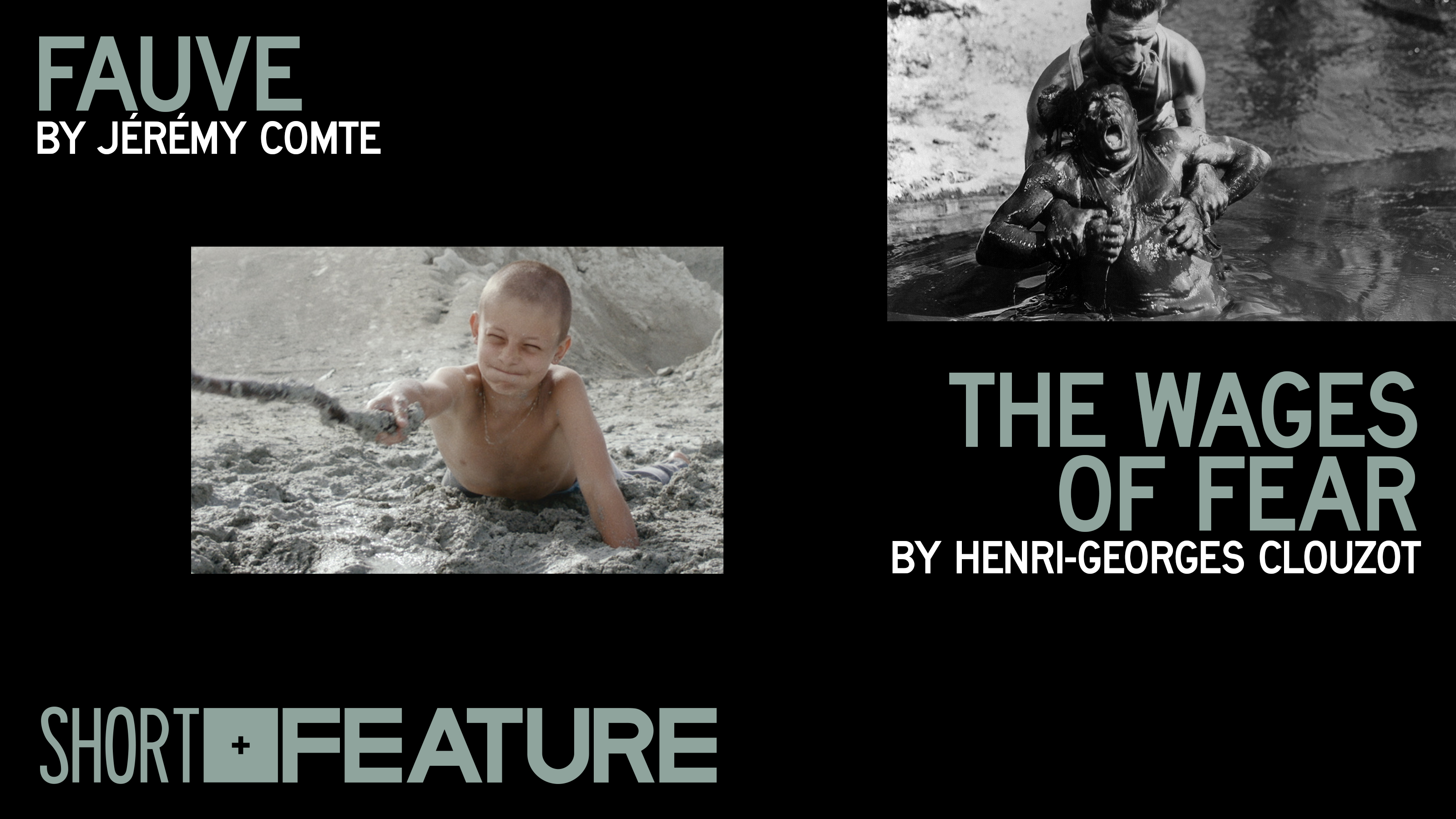

We venture into this inhospitable world in the varyingly close and distant third-person company of Bea, a young mother who has made the impossible and inadvisable decision to join an experiment in the Wilderness State in order to save her little daughter, Agnes, from the wasted City, whose poisoned air has been killing her since the day she was born. The cataclysm of civilisation has overwhelmed all but a single natural preserve called the Wilderness State, home to the last remnants of North American wildlife, and a small band of nomads called the Community. Rated: High for several explicit sexual scenes and a lot of mild/moderate language.I n The New Wilderness, Diane Cook’s Booker prize-longlisted debut novel, the end isn’t so much “nigh” as “come and gone”. I went ahead and read all the plot summaries of the other books so now I know, but I just don’t feel I have it in me to make that sort of investment, at least not right now (they are all 600-plus pages).Īnd there you go. I don’t necessarily regret reading it, I just don’t know if I am thrilled that I spent so long reading it to finish feeling so unfinished. Take from that what you will. That makes me feel a bit better except that, for me, this one was enough. **Addendum: when I went to find an image to go with this post, I discovered that there are more books about these characters - many. Also the truth: when I finished it, I threw it on the ground in irritation. I read 876 pages, and in the last 20 or so, TWO major plot points were introduced (one way more significant than the other, but still) and NEITHER WERE RESOLVED. Are you kidding me? I was so annoyed that their story didn’t wrap up in some way. I think I’m still mad.I cared about Elizabeth and Nathaniel and their respective groups of people. I liked the time period and I felt that it was very well researched. There was at least one major plot hole that kept bugging me and a few predictable events but enough surprises that I never felt I was totally wasting my time. There were plot twists that surprised me, although some threads took a bit too long to plow through.

Living as a native among the Mohawks, he provided an interesting contrast to Elizabeth and her way of doing things. Overall, I think, I liked this part of the book best, when the story was sorting through these two completely different ways of living and raising children. Still, however, several “scenes,” and truthfully, sometimes they felt beautiful and the timing in the plot fit just right but then many times I felt like our author said, “oh, it’s been a while since we had a scene, we better have one now,” and that annoyed me. Reminded me somewhat of Outlander, although not quite so steamy ( that one has a lot of sexual scenes). If you have read (or watched) Last of the Mohicans, several of the characters in this book will be familiar to you, which was fun.Set in a remote, mountainous New York village, in a United States that has only just won its independence, Into the Wilderness is the story of Elizabeth Middleton, recently of England. Trying to control her own destiny with a determined nature and a deep desire for equality, the village of Paradise seems to be designed to drive Elizabeth crazy. With the strain of relations among the natives, part-natives and the white newcomers, in a world where life seems to sometimes hang by a thread, Elizabeth also finds that a life in the wilderness has no end of lessons to teach her about life, love and what is worth sacrificing for.


 0 kommentar(er)
0 kommentar(er)
